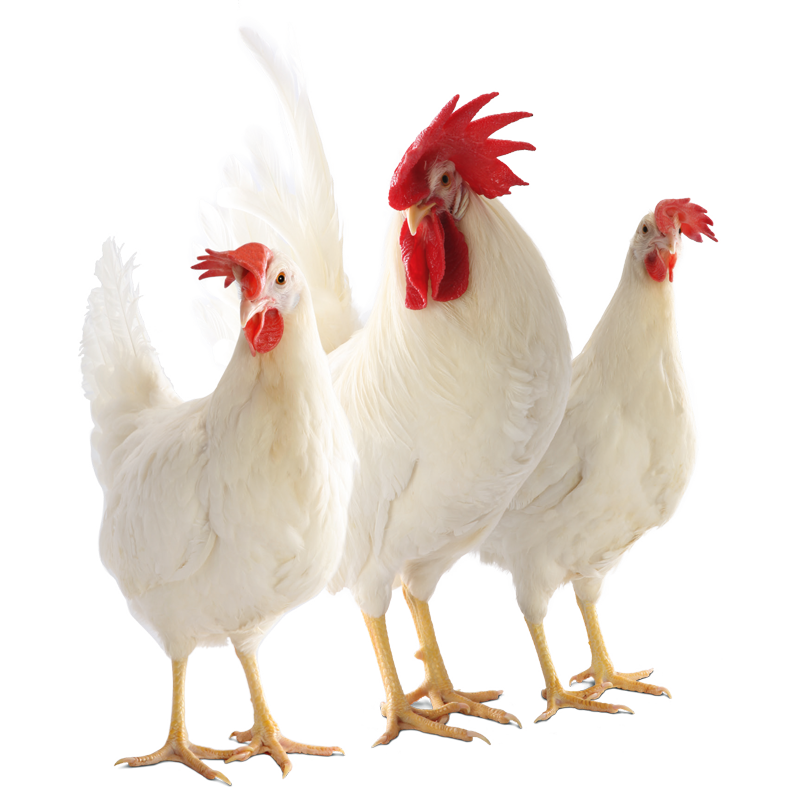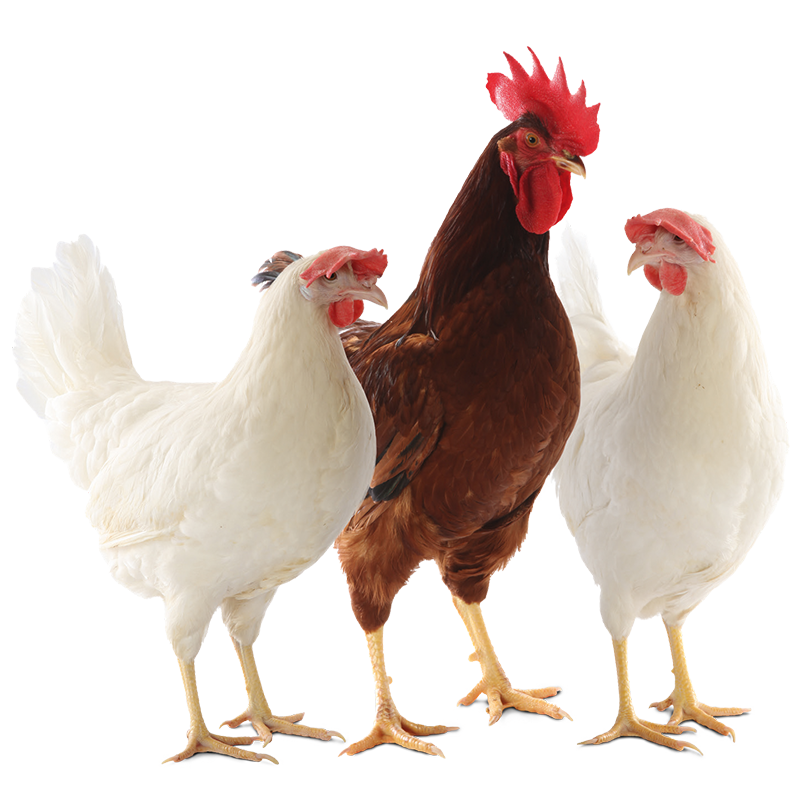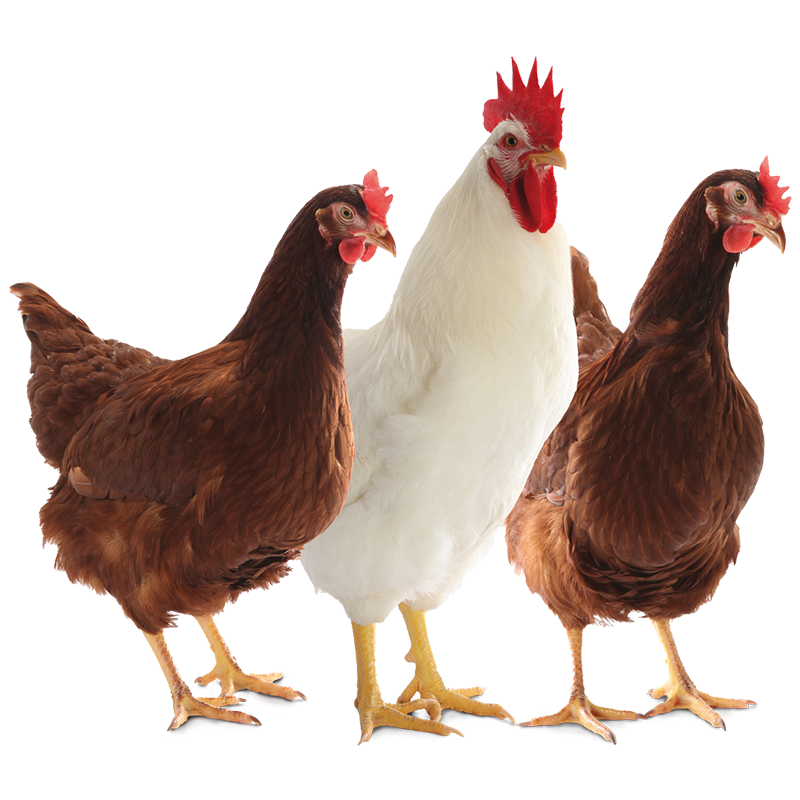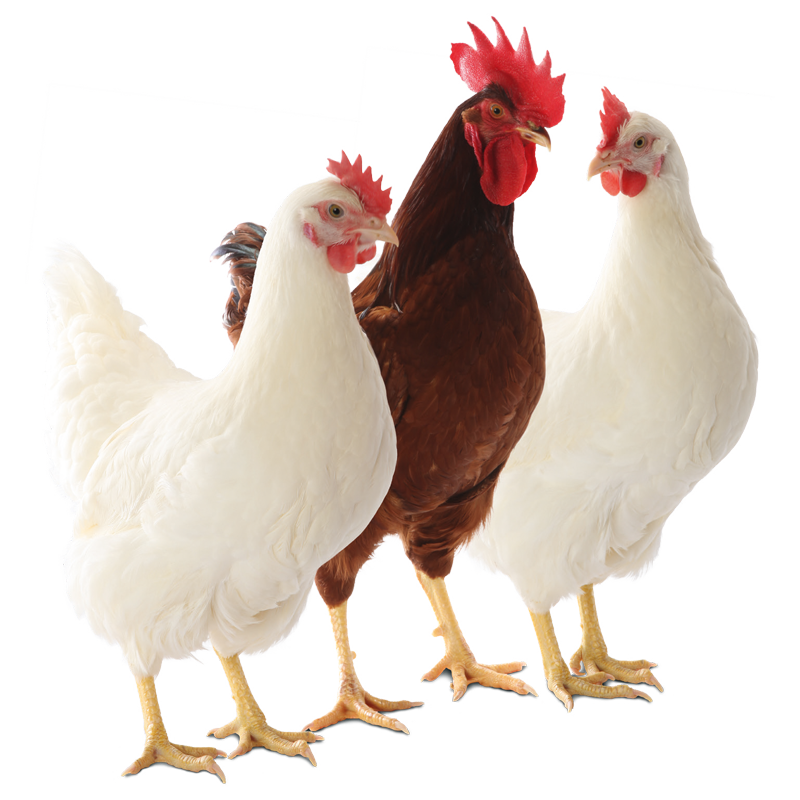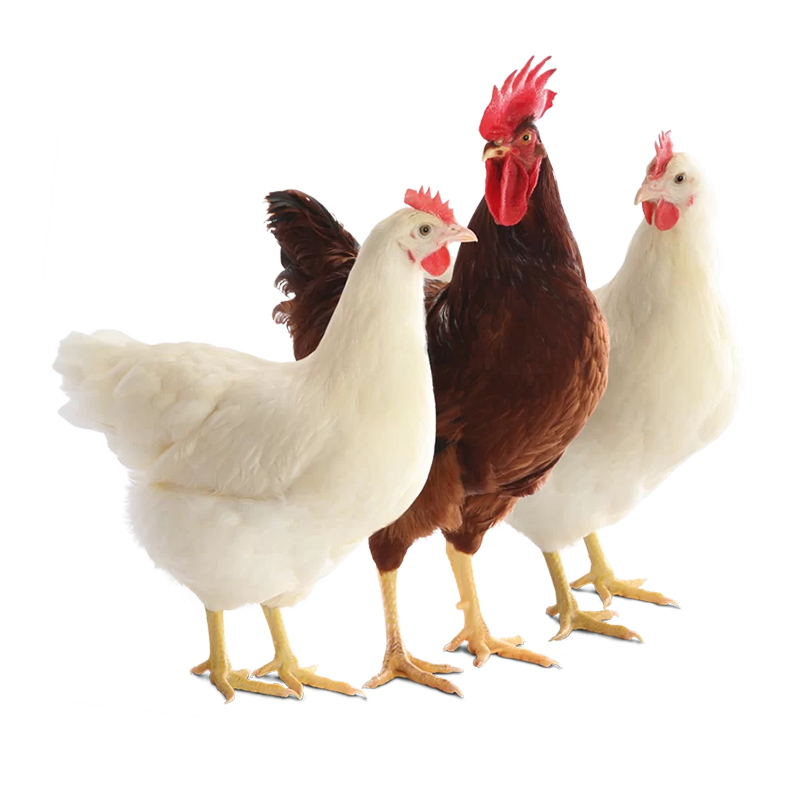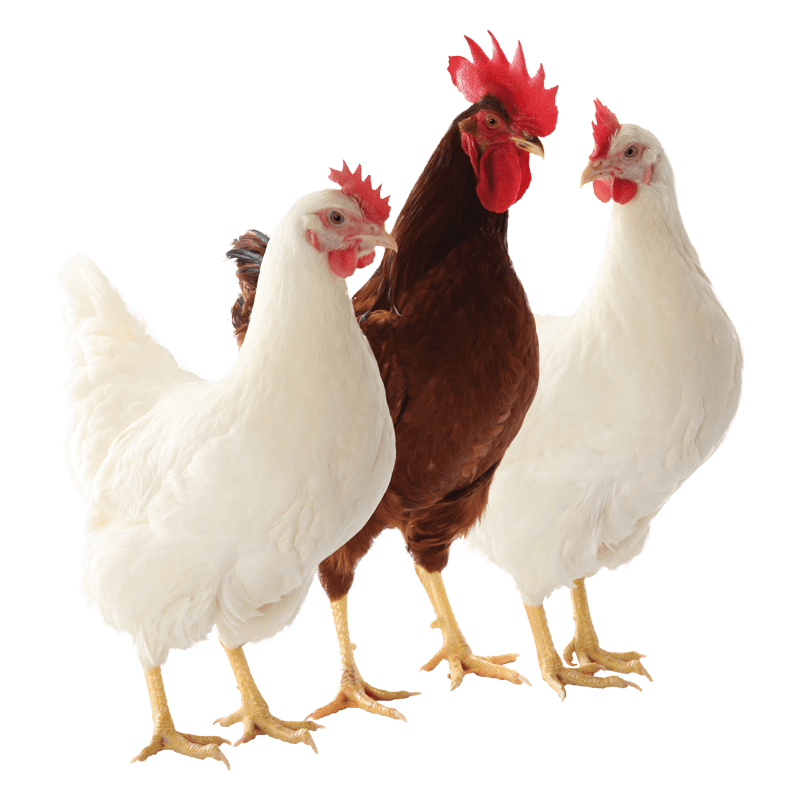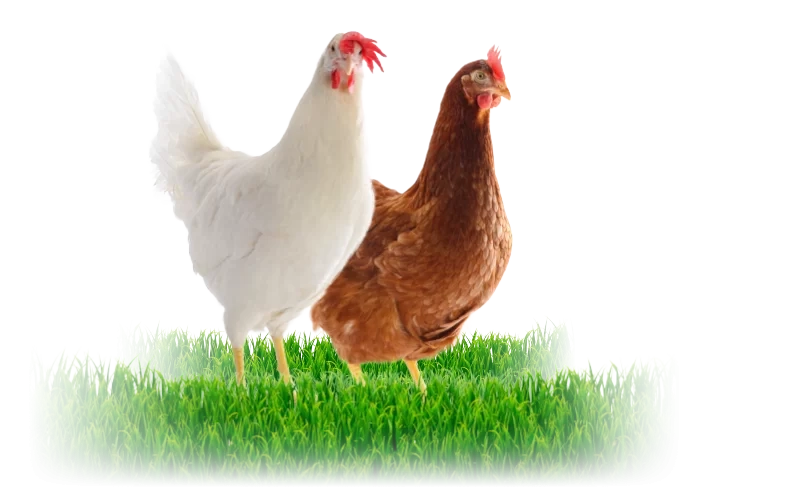SYNBREED Meeting, 13-14 December 2011
Future agricultural productivity increases will be generated to a significant part through breeding progress. For this reason, it is important to examine the genetic resources by means of the most advanced methods and to characterize them with regard to the provision of high quality food, feed and renewable energy sources. In this context, the German Federal Ministry of Education and Research supports the foundation of an interdisciplinary centre for genome-based breeding research in farmed animals and crop plants.
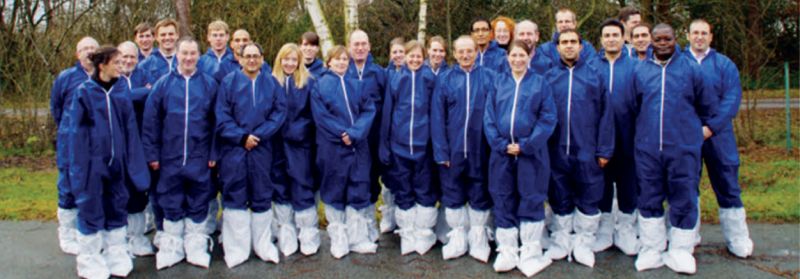
Visit of a breeding farm in Cuxhaven
The Federal Ministry invests 12.7 million Euros in the project “SYNBREED – Innovation cluster synergistic plant and animal breeding” in which LOHMANN TIERZUCHT is involved as an industrial cooperation partner.
Together with colleagues of the company KWS SAAT AG, scientists of the following universities and institutes are working in this interdisciplinary project: Technical University Munich, Helmholtz Centre Munich, Bavarian Agricultural Research Institute, Georg August University Göttingen, University of Hohenheim, Christian Albrechts University in Kiel as well as Friedrich Loeffler Institute in Mariensee. The research tasks focus on the functional analysis of natural biodiversity, the genetic analysis of complex traits as well as the development and implementation of optimized breeding strategies.
After intensive works in the individual areas of genome-based breeding research, all involved parties meet at regular intervals for exchanging their experiences. Thus, about 30 participants got together in Cuxhaven last December in order to present the status of the particular research tasks and to discuss the next steps.
The area of poultry breeding was covered by scientists of the University of Göttingen and the Friedrich Loeffler Institute in Mariensee. Among others they study the hatchability of laying hybrids from LOHMANN TIERZUCHT and relate them to internal egg quality traits. The main focus is always on the genetic predisposition for a specific trait. The scientists aim at signalizing parallels between the recorded phenotypes and genotypes of these animals so that by means of advanced breeding methods in the future breeding progress can be achieved more quickly.
In another sub-project, a new planning programme is developed, which will provide the breeder, for example, with information on optimizing strategies of his breeding population. This programme takes into account not only breeding variables but also economic parameters.
The team around Dr Steffen Weigend of the Friedrich Loeffler Institute in Mariensee examines trait complexes of poultry breeds. Here too, the phenotypes of a wide range of animals is recorded as detailed as possible in order to subsequently relate them to their genetic information.
The interesting presentations and following discussions regarding the actual research status in this area once again broadened the perspective on the overall concept of genomic selection and gave new impulses for the continuation of the research project “SYNBREED“.
Dr. Wiebke Icken, Genetics
 Expert talk of Synbreed scientists
Expert talk of Synbreed scientists
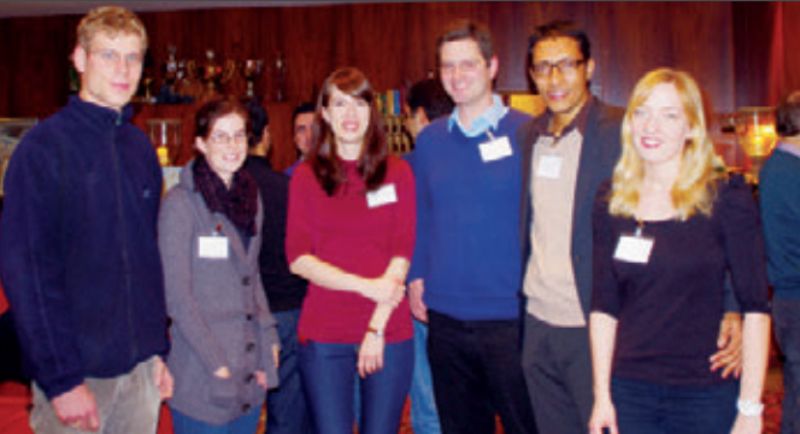 Discussion with Prof. Dr. Simianer and
Prof. Dr. Thaller
Discussion with Prof. Dr. Simianer and
Prof. Dr. Thaller
